Beginning Piano Lessons: How To Get Started Playing Piano (Watch short video)
Beginning Piano: How To Get Started
Maybe you’ve always wanted to learn to play the piano but never had the opportunity. Perhaps you’re a parent with a child who has expressed interest in the piano. The question is: where do you begin? How to start depends on your age and your goals.
First, you need to find a program of study that is age appropriate. For children, formal lessons are usually recommended. It’s important for kids to take at least three or four years worth of formal lessons. It usually takes that long to get a good grasp on the basics of technique, sight reading, and chord theory. After that, children will have a good foundation in music. They may choose to continue on, branching out in piano studies and honing those basics. Or, they can use that foundation and apply it to learning another instrument.
Formal study with a piano teacher is usually recommended for children older than six. A wide variety of methods is directed at children. Some have different emphases. Therefore, it’s important to research various methods to decide what type will be best for your child.
Younger children (ages three to six) usually do not fare well with formal lessons. If you want to start your children off early in piano, enroll them in a program developed specifically for preschool children. These types of piano programs take into account the physical and mental development of young children. They are less overwhelming and more engaging for the younger learner. Often they are group-style sessions rather than one-on-one.
Sometimes parent participation is encouraged or required. This helps to ensure that parents are able to reinforce the concepts that their children are taught. It also fosters the parent-child bond, strengthening it with a mutual appreciation for music.
For adults who are beginning piano there are a few options. Adults may choose to take formal lessons one-on-one with an instructor. Be sure to find a teacher who specializes in teaching adults or has at least worked with adults before.
Another option for adult beginners is group lessons. Music stores, community groups, educational institutions and even some private instructors may offer group lessons for adults. Students learn in a classroom-style setting with several other adults. Each person typically has his or her own keyboard on which to learn during class. Concepts are taught from the front by the instructor.
Another option for adult learners is to take a correspondence course or self-paced study. These types of programs are available for a fee in music stores, from a college or music school and on the Internet. In fact, many of these programs have DVD or software components to help visually reinforce the concepts taught in the manuals. In some ways it’s like having your own private piano teacher. Some curriculums even have live-study components via the Web in real time with an instructor.
If you are an adult beginner, set your goals. If you hope to pursue a higher level of study or want employment in the music business, then formal lessons are best. If you simply want to enrich your own personal life, correspondence studies or group lessons may be adequate. An added bonus with correspondence courses or self-directed study is that you are able to work at home at your own pace. This can be especially advantageous for the busy adult who can’t commit to regular, ongoing lessons.
So if you are a parent seeking a piano teacher for your child, make sure that he or she teaches music theory and chords along with sight reading, technique, and all the other basics. For adults with limited time for in-person lessons, look for a good course you can take at your own speed such as the Crash Course In Exciting Piano Playing for adults only.


